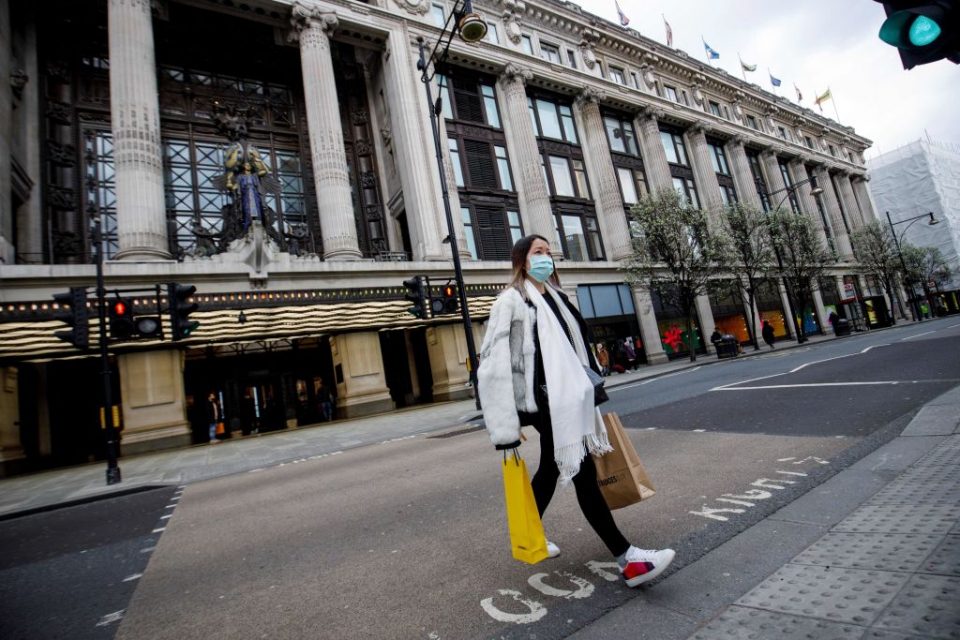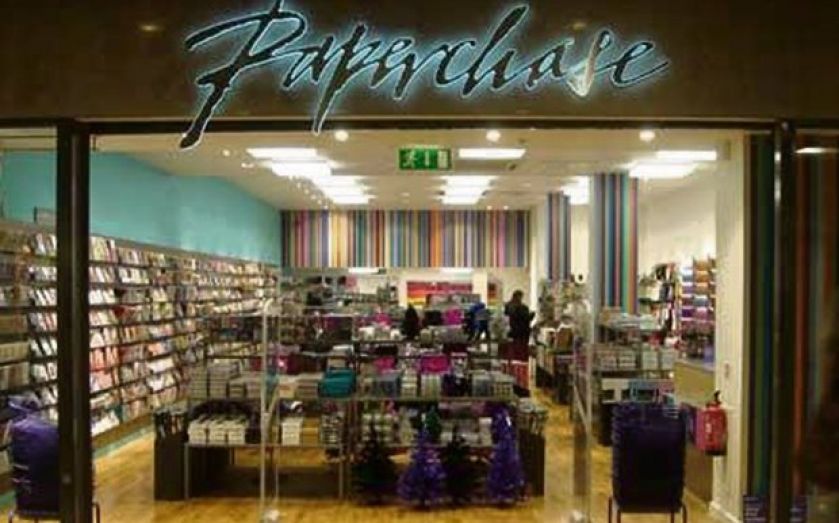High street redundancies: Which retailers have cut jobs in the pandemic so far?

Thousands of high street jobs have evaporated during the coronavirus pandemic, as retail chains have fallen under the pressure of lockdown restrictions on trading.
The UK high street, which was already struggling before the pandemic, is set to look very different when shoppers return after lockdown following high profile collapses that have cost many retail workers their jobs.
Household names such as Debenhams, Topshop and Dorothy Perkins have been major casualties during the pandemic and will disappear from the high street – although the brands will live on online – resulting in the loss of thousands of jobs.
Other firms have been forced to axe jobs in cost-cutting measures in a bid to survive the Covid crisis, which has seen non-essential stores close for months at a time, low city centre footfall and an acceleration of online shopping.
According to the Centre for Retail Research, 164,165 retail jobs were lost between March and December last year. There were 66,289 administrations, 11,986 CVAs and 85,890 rationalisations.
Here are the major retailers that have cut high street jobs during the pandemic so far.
Oasis and Warehouse
Oasis and Warehouse were one of the first well known high street brands to collapse, after appointing administrators in April last year.
Administrators from Deloitte were unable to find a buyer for the fashion retailer’s stores, resulting in 1,803 redundancies.
Hilco Capital bought the intellectual property assets and certain stock of both brands.
Debenhams
Debenhams – which had been teetering on the brink of collapse for some time – was bought by online retail giant Boohoo earlier this year.
Boohoo bought its brand and website for £55m, but declined to rescue its 118 department stores, which could result in up to 12,000 job losses.
The firm had already cut 2,500 jobs in August
Arcadia
Sir Philip Green’s retail empire Arcadia, the owner of Topshop and Dorothy Perkins, collapsed into administration in December, putting more than 13,000 jobs at risk.
Asos bought Topshop – but not its stores – prompting a wave of job losses, while Boohoo snapped up Dorothy Perkins, Wallis and Burton out of administration in a £25.2m deal.
Selfridges

In July last year luxury department store Selfridges announced it would make around 450 members of staff redundant.
The Oxford Street retailer said it will reduce its overall headcount by 14 per cent as 2020 sales were forecast to be “significantly less” than 2019.
The retailer said it would focus on strengthening its digital proposition, as well as “sustainability and experiences”.
John Lewis
John Lewis announced in July that it would not reopen eight stores after the UK coronavirus lockdown, putting around 1,300 jobs at risk.
The company said the stores, which included the department store at Birmingham’s Bullring shopping centre, had been struggling before the pandemic.
John Lewis also closed its department store in Watford and four At Home branches in Croydon, Newbury, Swindon and Tamworth. The travel hub shops at Heathrow Airport and St Pancras train station also remained closed.
In November John Lewis announced it would axe a further 1,500 jobs as part of its plan to return to profit.
The retailer said it will cut the head office roles by April this year, in a move that will save £50m as it targets £300m in cost reductions by 2022.
Paperchase

Earlier this month Paperchase secured a deal to rescue the majority of its high street stores, saving 1,000 jobs, but 37 shops are set to close following the sale.
The closures will affect around 250 jobs, City A.M. understands.
The stationery retail chain announced it appointed administrators this morning and was bought by Aspen Phoenix Newco.
Funds managed by Permira Debt Managers are the majority stakeholders in the company.
Jaeger
More than 200 high street jobs were axed after womenswear brand Jaeger collapsed, resulting in the closure of its 63 stores.
Marks & Spencer acquired Jaegers stock and marketing assets but the retailer’s stores and concessions were not part of the deal.
Boots
British pharmacy chain Boots announced in July that it planned to slash 4,000 jobs and close 48 stores, in a bid to shore up its balance sheet after months of closures during the pandemic.
Boots said it was consulting on plans to restructure its head office and store teams and close 48 Boots Opticians stores.
Monsoon Accessorize
In June Monsoon Accessorize founder Peter Simon bought the struggling business out of administration, in a move which aimed to save both brands but cut 545 jobs in the process.
As a result of the deal, 35 of the company’s stores across the UK closed, resulting in the initial job losses.
Clarks

High street footwear retailer Clarks cut 900 corporate roles in May as it kicked off talks with advisers over funding options.
The retailer said it will reduce its global workforce by 900 roles, which will be partially offset by the creation of 200 new jobs.
In November Clarks creditors approved the restructuring plan, clearing the path for a £100m private equity deal that will take the 195-year-old firm out of family ownership for the first time.
Clark said its Company Voluntary Arrangement proposal was approved by more than 90 per cent of its creditors, including landlords.
It secured turnover-based rents, but did not confirm whether any stores would close.
Aspinal of London
Luxury brand Aspinal of London launched a restructuring process in September last year as it sought to close stores due to a sharp drop in city centre footfall during the coronavirus pandemic.
The firm, which has 10 stores as well as concessions in Harrods and Selfridges, unveiled a company voluntary arrangement (CVA) proposal that would see it close all of its standalone sites.
The retailer employed around 300 workers – but did not confirm how many jobs would be affected by the closures.
Waitrose

In September Waitrose announced plans to axe four unprofitable stores, putting 124 jobs at risk.
The supermarket closed shops in Caldicot, Ipswich Corn Exchange and Shrewsbury, while a fourth branch in Wolverhampton was sold to Tesco.
Waitrose said trading at the stores had been “challenging” and it had not found a way to make the sites profitable in the long-term.
Quiz
Fashion retailer Quiz permanently closed around 15 stores following the first UK coronavirus lockdown.
The company only reopened around 60 of its 75 stores when restrictions were lifted for the first time in June, but did not specify how many jobs would be impacted.
Estee Lauder

In August beauty brand Estee Lauder said it was preparing to cut up to 2,000 jobs due to the impact of the coronavirus pandemic on demand for makeup products.
The firm said it would slash between 1,500 to 2,000 jobs, or about three per cent of its workforce globally.
It also said it was planning to close between 10 per cent to 15 per cent of its standalone stores